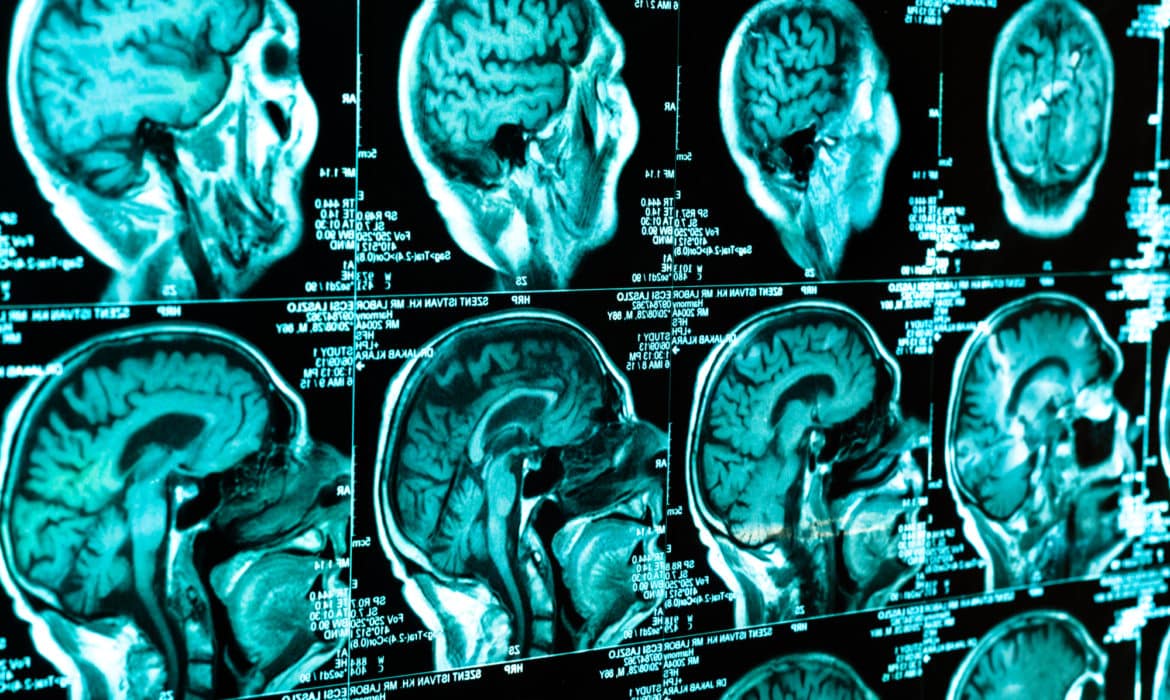A high-fat, low-carbohydrate diet that included a coconut oil derivative helped reduce the growth of glioblastoma tumor cells and extended lifespan in mouse models by 50 percent, researchers found.
Glioblastoma, the most common brain tumor in adults, has no effective long-term treatment and on average, patients live for 12 to 15 months after diagnosis, according to the National Cancer Institute.
The findings are a new twist on an old idea: The so-called ketogenic diet has been used for nearly 90 years to help reduce epileptic seizures. Now, a high-fat, low-carbohydrate version of the ketogenic diet has been shown to slow glioblastoma tumors by cutting back on the energy supply they need to thrive, said Brent Reynolds, Ph.D., a professor in the Lillian S. Wells Department of Neurosurgery. A glioblastoma tumor requires large amounts of energy as it grows, and the dietary intervention works by drastically limiting the tumor’s supply of glucose, Reynolds said.
“While this is an effective treatment in our preclinical animal models, it is not a cure. However, our results are promising enough that the next step is to test this in humans,” Reynolds said.
The modified diet tested by Reynolds’ group included a coconut oil derivative known as a medium-chain triglyceride, which plays a crucial role because it replaces some carbohydrates as an energy source.
Reynolds said the modified high-fat, low-carbohydrate diet also has another distinct advantage: Cancer patients could potentially find it more palatable because they can eat more carbohydrates and protein than they could on a classic ketogenic diet.
“When you’re sick, you need as many comforts in your life as you can get and food is a huge comfort. That’s the idea: Could we develop a beneficial diet but make it much easier for patients?” Reynolds said.
While both the ketogenic and modified high-fat, low-carbohydrate diets showed similar effectiveness against tumors in the mouse models, Reynolds said the latter is more nutritionally complete and potentially more appealing to cancer patients because it offers more food choices.
Although researchers don’t yet know exactly why it was effective, Reynolds said preliminary data show that the modified diet also appears to make glioblastoma tumors more sensitive to treatment with radiation and chemotherapy. He sees the diet as a supplemental therapy that could complement chemotherapy and radiation.
“This simple dietary approach may be able to reduce tumor progression and enhance standard of care treatments in cancers that are highly metabolically active,” Reynolds said.
(This information was provided courtesy of University of Florida College of Medicine. A Wellness Update is a magazine devoted to up-to-the minute information on health issues from physicians, major hospitals and clinics, universities and health care agencies across the U.S. Online at www.awellnessupdate.com.)
(c) 2017 www.awellnessupdate.COM. DISTRIBUTED BY TRIBUNE CONTENT AGENCY, LLC.












